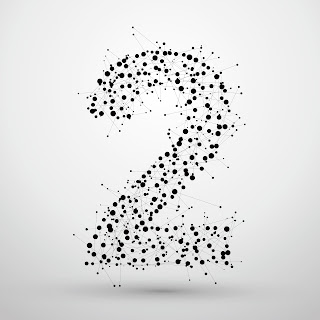There is an unsettled disquiet about a war, even in another part of the world, even not fully involving us. We know it is there in the images of people hiding in dugout spaces, perched with guns in the snow on ruined walls. We feel it reverberating in the blare of 100-point headlines in the newspapers, the clarions of disaster. Our heads ring with the echo of global prayers from the stricken and the allied alike.
Do the invaders pray as well? Possibly they are praying for
clarity and maybe forgiveness. They are attacking those who are of the same
blood lines, the same stock, shared names and faces and in some cases language.
The attackers cannot tell themselves from their victims without their uniforms.
Here, thousands of miles from the lines, we create our own furore in political barbs and economic whining. We have the luxury to be upset about a
temporary rise in the cost of our gas or a temporary drop in the worth of our portfolios.
Our sons and daughters may some day be brought into the morass; it has happened
too many times before in our history. But for now, they are others’ children
who are at risk, so we are confident in taking sides or giving our opinions
from partial knowledge or ignorance.
But don’t be fooled. War in one place is hardship everywhere,
whether through economic doubt or ecological catastrophe. Whether through
refugees or the need for humanitarian aid. Whether through empathy or struggle. This war is
shouting headline infamous, but all war is global. The seething disquiet tell
us so.



